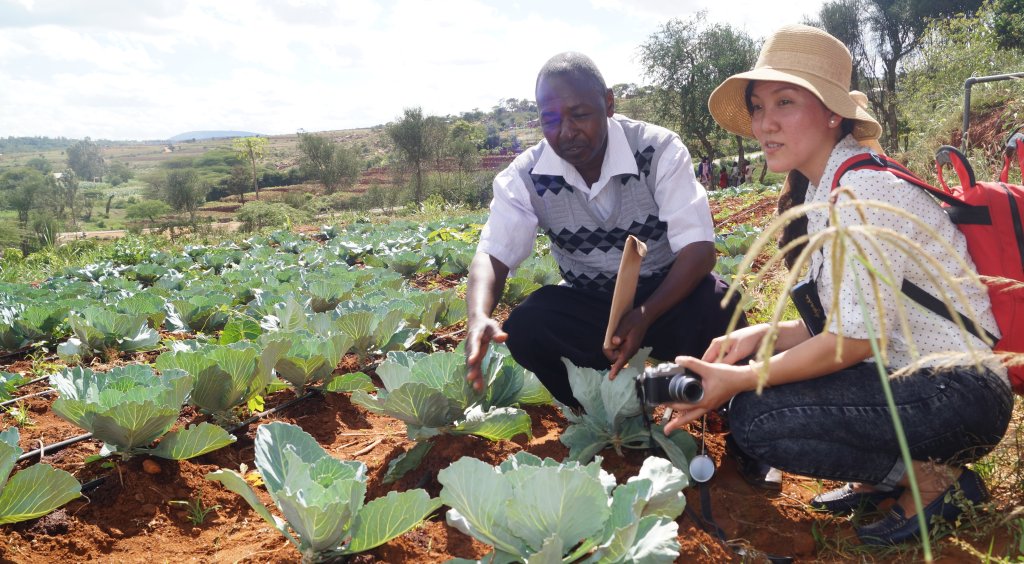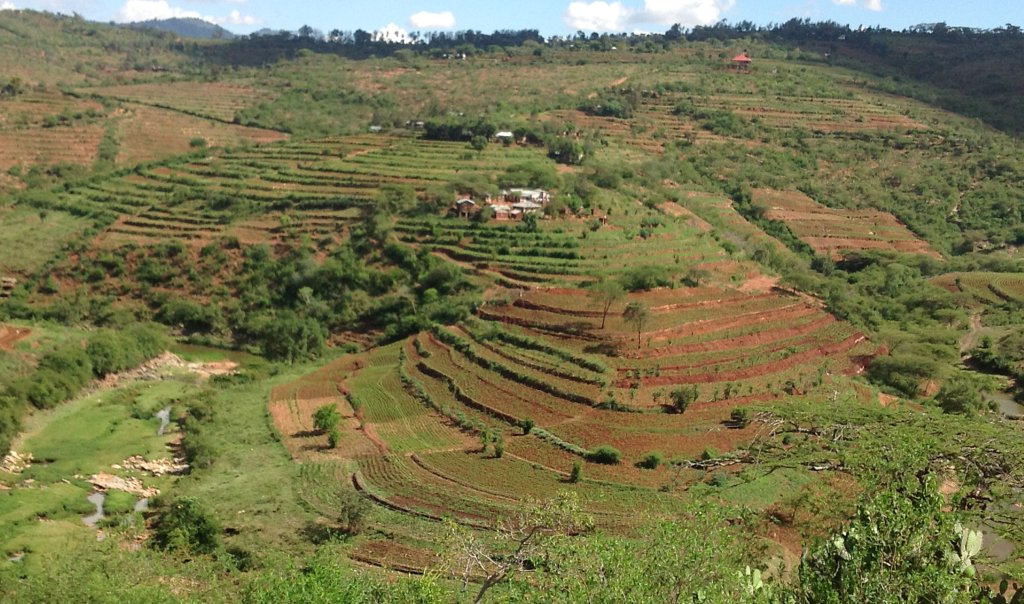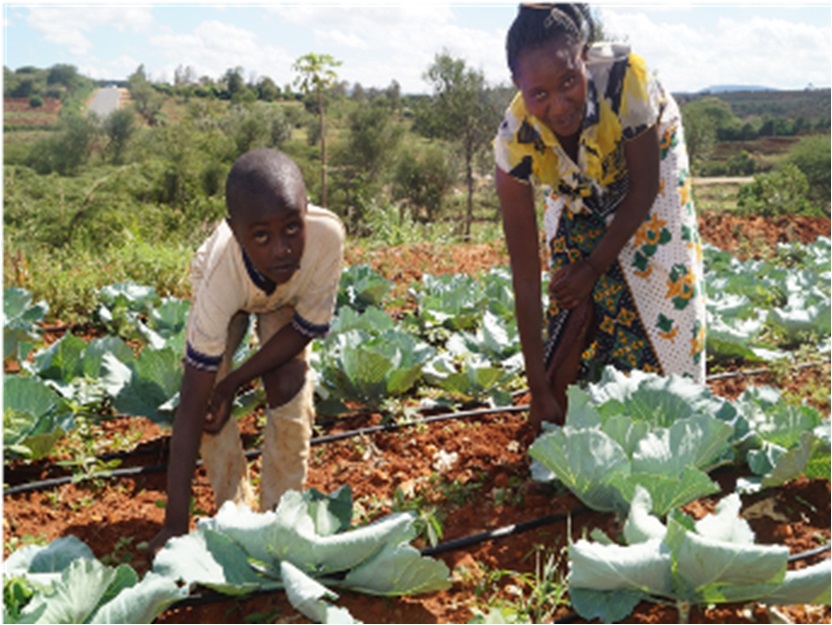ASARECA & KALRO to train women farmers in Machakos, Kenya to adapt to Climate Change
Kenya is one of the most hit countries in Eastern and Central Africa with over 80,000 households affected by the El Nino rains. These rains have far reaching effects for farmers and are threatening food security now and in the near future.

BY BEN MOSES ILAKUT
ENTEBBE, UGANDA: ASARECA and partners are organizing a four-day training aimed at enhancing the capacity of women smallholder farmers in Kachakos in Kenya to utilize Climate Smart Agriculture (CSA) technologies to boost their efficiency in adapting to the effects of climate change, including El Nino rains.
The training planned for November 27 to 30, 2023 is organized in close collaboration with the Kenya Agriculture and Livestock Organization (KALRO). It is implemented under the Accelerating Impacts of CGIAR Climate Research for Africa (AICCRA) Project (https://aiccra.cgiar.org/). The implementing partners are ASARECA and the Alliance of Bioversity International and CIAT, which is the lead institution for the project.
Funding partners
The AICCRA project is funded by the World Bank and aims to strengthen the technical, institutional, and human capacity to enhance transfer of climate-relevant information, decision-making tools, and technologies in selected African countries. It focuses on four major components namely: (i) knowledge generation and sharing through development of climate-informed agricultural advisory services and decision-making tools; (ii) strengthening partnerships for delivery of climate-smart innovations in agriculture; (iii) validating climate-smart agriculture innovations through piloting; and (iv) project management.
The training specifically supports prioritization of best-bet CSA options for uptake at scale and identification of climate and gender and social inclusion-smartness of CSA packages.

Why Machakos?
Globally, climate change remains a major challenge to agricultural productivity and food security. Currently, El Nino rains resulting from climate change are affecting several countries causing heavy floods that are destroying crops and livestock, displacing people and leading to loss of lives. Kenya is one of the most hit countries in Eastern and Central Africa with over 80,000 households affected by the El Nino rains. These rains have far reaching effects for farmers and are threatening food security now and in the near future. Already, farmers (especially women farmers) in Machakos and similar areas are facing serious challenges of growing vegetables for consumption and sale due to waterlogging, destructive winds and proliferation of pests and diseases caused by the El Nino.
Training
These farmers urgently require training in better vegetable production methods, wind protection and pest and diseases management technologies that are affordable, climate smart and user-friendly. Cone gardens, shade nets and biopesticides are some of the best available CSA technology options given the prevailing rainfall situation in the country. However, the affected farmers, most of whom are women, have limited know-how on their application and lack capacity to invest in these CSA technologies.

Objective and output of the training
The overall objective of the training is to enhance utilization of CSA technologies among smallholder women farmers. During the training, the capacity of women farmers to apply selected CSA technologies will be enhanced, farmers will get hands-ons experience on utilization CSA technologies generated by KALRO, and exchange knowledge and experiences with researchers on technologies and innovations for adaptation to climate change.
Target Participants
The training targets smallholder women farmers, extension workers and CSA scientists. It will focus on farmers from Greenshade Women Farmer Group and Amazing Grace Women Farmer Group in Machakos, Kenya. ASARECA has in the past supported these farmer groups since 2010 through promotion of agricultural water productivity technologies.
